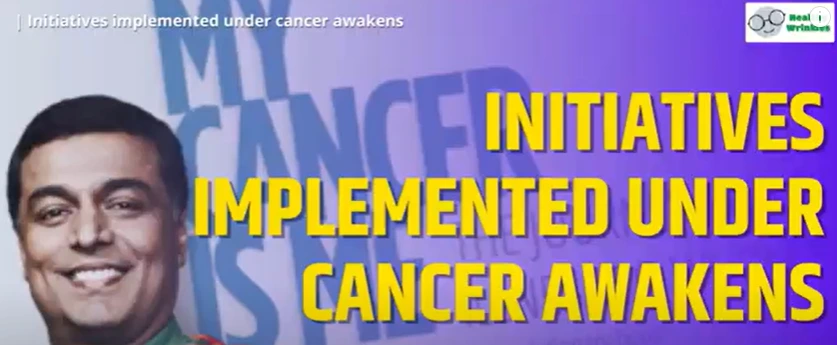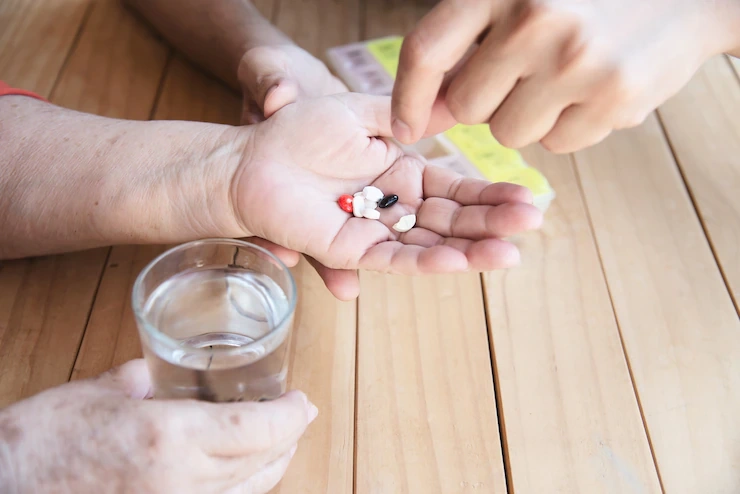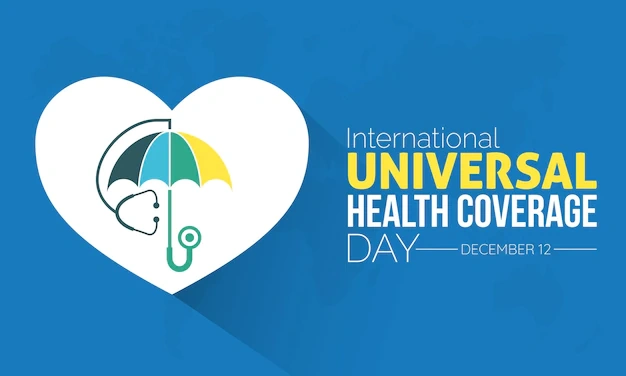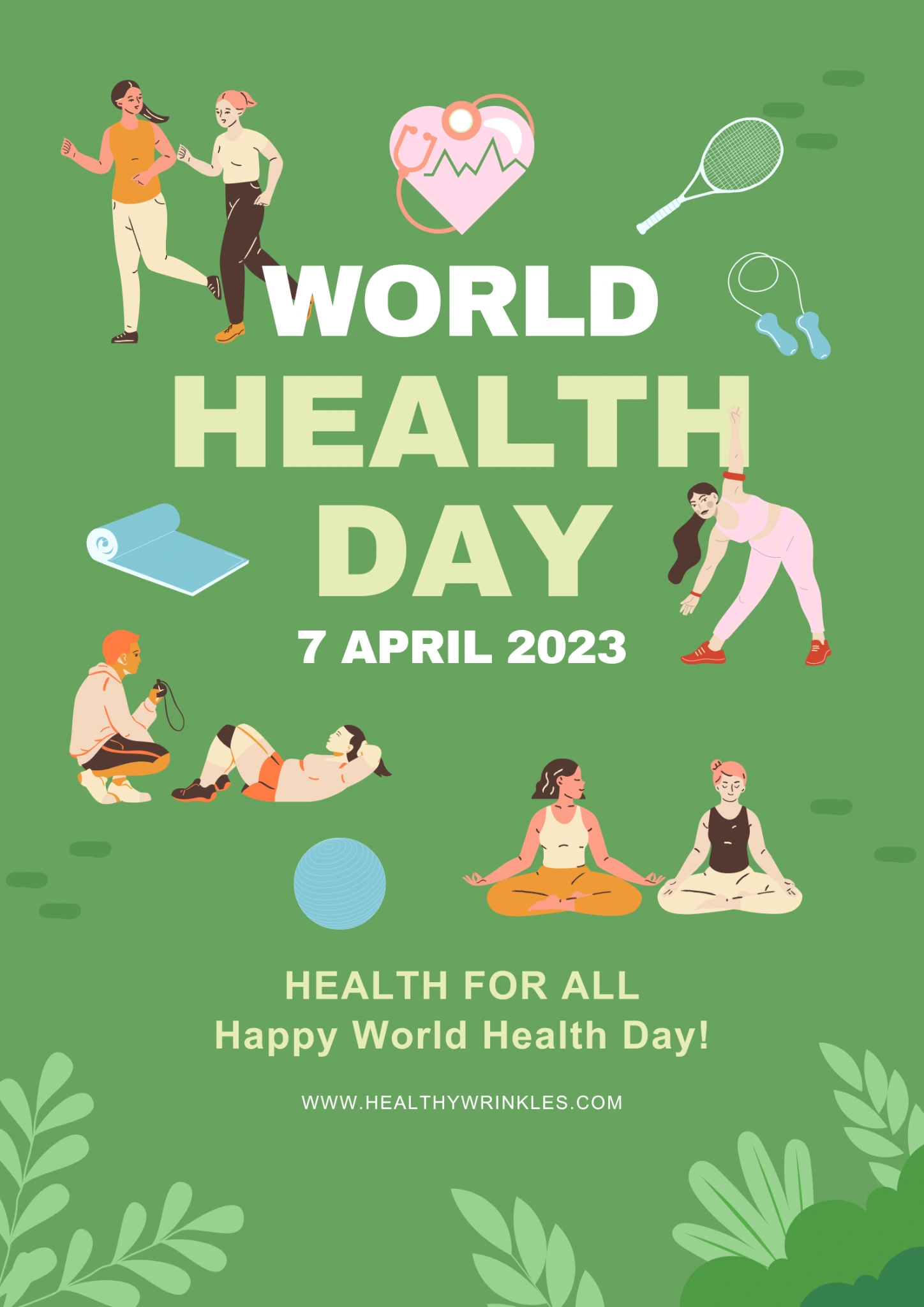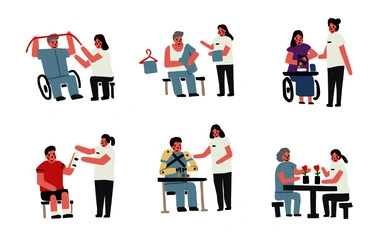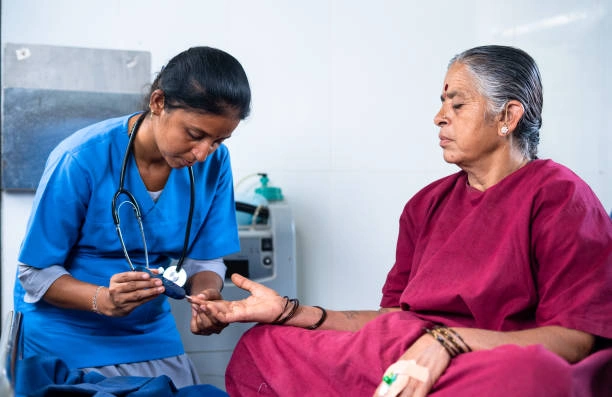Programmes on appropriate polypharmacy in high income countries
28-09-24
Taking medication to treat the symptoms of long-term illness and to help stop disease progression is common in the elderly. Taking too many medications, on the other hand, can be harmful. Several programmes have been implemented to address inappropriate polypharmacy, especially in high-income countries. A WHO report provides some programmes below to help countries understand the challenges and perks of investing in polypharmacy programmes.
The OPtimising thERapy to prevent Avoidable hospitalisations in the Multimorbid Elderly (OPERAM) project aims to improve existing pharmacological & non-pharmacological treatments to reduce unnecessary hospitalisations, particularly among elderly patients with multimorbidity in Europe. The study's goal is to evaluate the impact of a structured medication review with a software intervention, as well as to obtain and compare intervention studies to determine what works best. The study's goal is to evaluate the impact of an organized medication review with a technology intervention, as well as to obtain & compare intervention studies to determine what is most safe and effective in order to choose the best and most cost-effective strategies for preventing avoidable hospitalisations.
Polypharmacy in chronic diseases: Reducing Unnecessary Medication and Adverse Drug Events in Elderly Populations Using Electronic Decision Support (PRIMA-eDS) aims to provide physicians with the most up-to-date evidence on medication management for older patients with multimorbidity via an electronic decision support tool. An indication check, guidelines-based recommendations, systematic reviews, a drug interaction database, a renal dosing database, an adverse effect database, and the European list of inappropriate medicines for elderly adults are all part of the electronic decision support tool. The tool's practicability and relevance were assessed through a randomised clinical trial to see if discontinuing inappropriate meds could improve patient outcomes such as hospitalisation or death, and patient data entry was found to be too time-consuming. Recent findings shed light on the tool's future development and potential risk groups.
The project Stimulating Innovation Management of Polypharmacy and Adherence in the Elderly (SIMPATHY) aims to stimulate, promote, and support innovation in the management of appropriate polypharmacy & medication adherence in older patients across the European Union. The goal of this project is to contribute to the development of sustainable and effective healthcare systems. Using the professional expertise of pharmacists and physicians, innovative multidisciplinary models were developed to support patients with long-term conditions. Innovative multidisciplinary designs were developed to assist patients with long-term conditions by leveraging the expert knowledge of pharmacists and physicians in order to reduce unnecessary polypharmacy and foster innovation in healthcare workforce development.
The use of relevant technologies may aid in the reduction of medication-related harm, as well as the improvement of patient experience as well as medication adherence.





